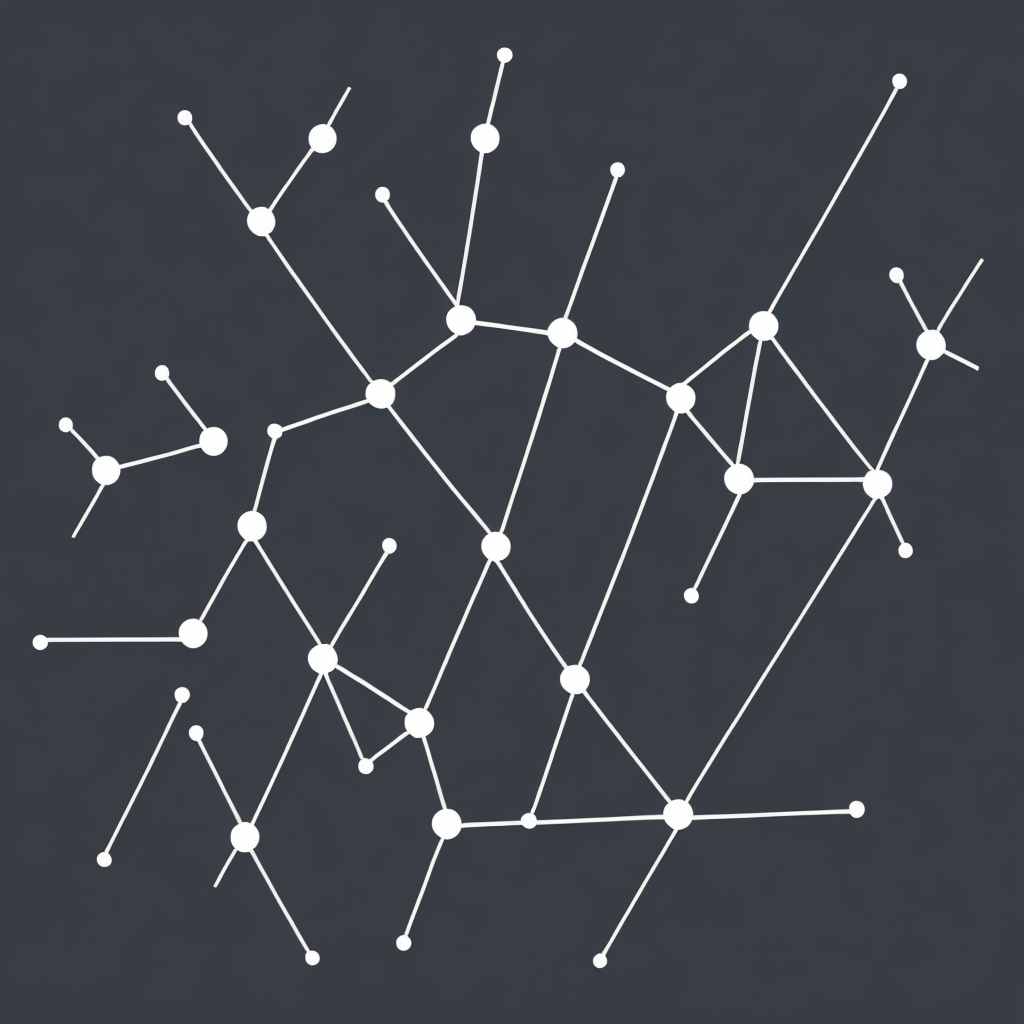**Decoding the Power of Knowledge Graphs: Enhancing Data Management, Decision Making, and Intelligence in the Modern Era**
In an era where data is abundant and information is king, traditional data management practices often fall short in providing meaningful insights and predictive analysis. This is where knowledge graphs come into their own, offering a powerful framework not just for organizing and managing data, but also for unleashing its full potential. From enhancing decision-making processes to driving innovation in artificial intelligence, knowledge graphs are setting the stage for the future of data management.
### 1. **Organizing Knowledge**: The Foundation of Data Management
At the core, data management has historically focused on storage and retrieval. However, with the exponential growth of data, there’s been an increasing demand for not just more data, but also better data. Knowledge graphs provide a structured approach to managing information by creating a connected network of nodes and edges. These nodes, representing concepts like entities, things, and attributes, are linked by relationships, allowing for a more sophisticated layer of understanding and connectivity within the data. This structure is significantly more effective than traditional databases in managing complex and interconnected datasets.
### 2. **Informed Decision Making**
One of the most transformative aspects of knowledge graphs lies in their ability to support informed decision-making. By presenting data in a comprehensible, interconnected format, knowledge graphs enable users to drill down into the relationships between different pieces of information. This is particularly valuable in fields such as finance, healthcare, and business intelligence, where decisions can have profound impacts. For example, in healthcare, a knowledge graph can help predict disease outbreaks and allocate resources more effectively based on a deep understanding of how diseases and patient populations are interconnected.
### 3. **Enhancing Intelligence in AI Systems**
Knowledge graphs are pivotal in enriching AI systems. By incorporating domain-specific expertise and relationships directly into AI models through knowledge graphs, these systems gain a deeper understanding of the underlying concepts and can make more accurate predictions and decisions. This process is not just about providing more data to feed AI models; it’s about giving them a more nuanced and contextually rich input. The result is AI that can better reason about complex scenarios, improve user experiences, and potentially evolve into more autonomous and adaptable systems.
### 4. **Driving Innovation in Data Science**
Knowledge graphs push the boundaries of what is possible in data science by facilitating the integration of diverse data sources and types. This capability is crucial in the rapidly evolving landscape of data-driven technologies. By providing a common, structured language for data, knowledge graphs enable data scientists to more easily identify patterns, correlations, and anomalies that might otherwise be hidden. These insights are foundational in driving innovation in areas such as personalized marketing, targeted healthcare solutions, and predictive maintenance in industrial settings.
### Conclusion: The Future of Data Management
As we navigate the increasing complexity and volume of data, the power of knowledge graphs emerges as a key driver in enhancing data management, decision-making, and intelligence. From laying the groundwork for better data organization to powering intelligent decision support and driving innovative AI applications, knowledge graphs represent a critical evolution in our approach to handling and understanding data. As technologies continue to advance and the demand for meaningful data insights grows, the importance of knowledge graphs in the modern era of data analysis will only continue to increase.
